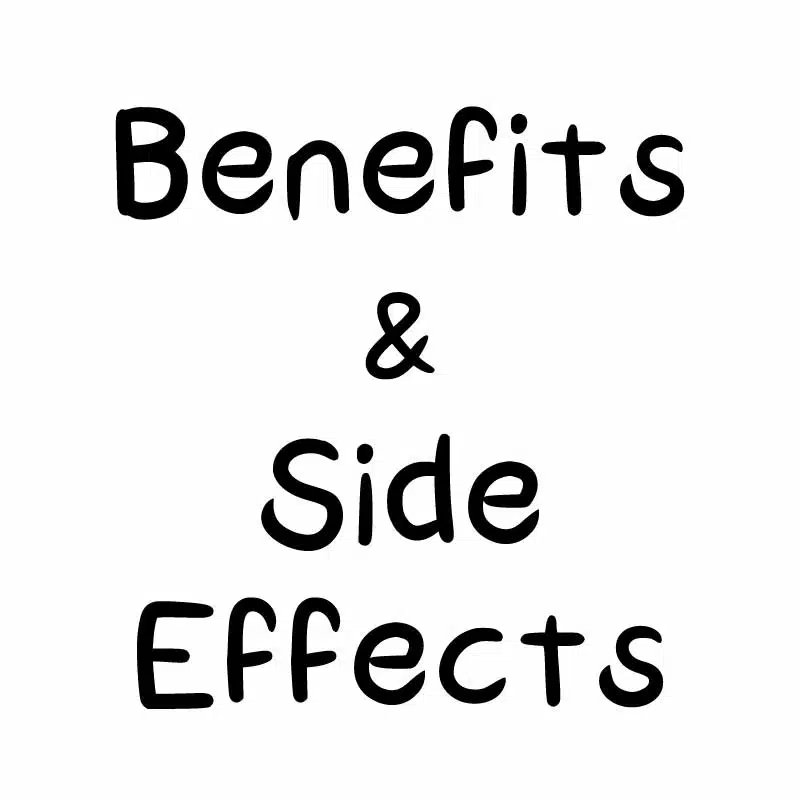
Cannabidiol (CBD) is a non-intoxicating phytocannabinoid produced by the cannabis plant, known for endocannabinoid effect. All CBD is not the same. There are different varieties of CBD, such as CBD isolate, which is pure CBD. There are also products such as broad spectrum and full spectrum CBD. These types of CBD contain other cannabinoids, terpenes, vitamins, minerals, and amino acids.
There are also different types of CBD in regard to how it is produced. CBD in the United States is classified as cannabis containing 0.3% THC or less. CBD in the UK is described as cannabis containing 0.2% THC or less and less than 1mg of any controlled substance in a closed container. Laws regarding the percentage of THC found in industrial hemp are very strict, please note that any vape oils with THC of more then 1mg per container is illegal in UK. For this reason, multiple independent lab tests are performed on all products, ensuring they adhere to the rules and regulations where they are sold.
Many producers of CBD products in the United States are starting to conform to EU standards as the global demand for CBD extraction methods continually increases. The demand for CBD continues to increase because countless people are reporting all kinds of different benefits from CBD. What benefits you may receive from CBD greatly depends upon many different factors. Cannabis can work differently for everyone, meaning what works for someone else may not work the same for you. You may require more CBD than someone else. You may require less CBD than someone else. Or you may require different type of CBD than someone else.
It takes a little trial and error to hone in on what type and how much CBD is right for you. CBD is available in many forms. There are CBD edibles like CBD gummies, chocolates, brownies, CBD lollipops and more. There is also CBD vape oils for use with refillable pens, CBD oil, and CBD pharma like CBD capsules, CBD bath bombs, CBD salves, and CBD rubs.
With so many different ways to consume CBD, the only thing left to figure out is how much is the right amount for you. The Food Standard Agency (FSA) suggests healthy adults do not consume more than 70 mg of CBD daily without a doctor's recommendation. With that in mind, let's explore some of the benefits you could receive from CBD.
Every mammal on the planet has an endocannabinoid system (ECS). Harvard Health says, "The ECS comprises a vast network of chemical signals and cellular receptors that are densely packed throughout our brains and bodies."
They go on to say, "The ECS regulates and controls many of our most critical bodily functions such as learning and memory, emotional processing, sleep, temperature control, pain control, inflammatory and immune responses, and eating."
The ECS works with endogenous cannabinoids like anandamide and with phytocannabinoids such as CBD. If the body has a lack of cannabinoids, the ECS can experience a cannabinoid deficiency. A study about the ECS by Russo EB (2004) suggests, "Clinical endocannabinoid deficiency can be associated with various conditions such as migraines, fibromyalgia, irritable bowel syndrome, inflammatory and neurologic conditions. If our body doesn't produce enough endocannabinoids, then supplements may be needed." By consuming CBD consistently, you are helping Your body's ECS to function better and return, leading to a happier, healthier you.
Millions of people around the world battle with anxiety. Some good news for those who face this situation is that CBD may help. According to a literature review by Esther et al. (2015) on CBD as a potential treatment for anxiety disorders, "We found that existing preclinical evidence strongly supports CBD as a treatment for generalised anxiety disorder, panic disorder, social anxiety disorder, obsessive-compulsive disorder, and post-traumatic stress disorder when administered acutely; however, few studies have investigated chronic CBD dosing." If you struggle with symptoms of anxiety and depression, CBD and anxiety pens could be what you've been missing.
However, they also state that further clinical studies are required to establish whether CBD does actually work in treating anxiety disorders.
A lot of evidence out there suggests that CBD may help those suffering from PTSD. A systematic review by James et al. published in 2020 states that a lot of this evidence is still weak and requires large clinical trials to establish a strong evidence base. This suggests that the weak evidence base does show that CBD has a potential role to play in treatment of PTSD> Medical News Today says CBD "may help reduce and manage symptoms of post-traumatic stress disorder (PTSD) in both topical and edible forms." Perhaps some CBD gummies and a CBD bath bombs could help with your PTSD? It is worth a try.
You may want to look for broad or full-spectrum CBD products as it is thought to be more effective. An ongoing study on the effect of CBD isolate and broad spectrum CBD oil (expected to finish in 2024) predicts that, "patients receiving the CBD Broad Spectrum formulation will show significantly greater improvement in PTSD symptoms and functional impairment relative to patients receiving CBD isolate UK.
Opioid addiction is a global problem. When it comes to this problem, America holds the title belt. Americans consume more than 80% of the Worlds opioid supply. The Icahn School of Medicine at Mount Sinai and published a study in May 2019 in American Journal of Psychiatry, which found that "Cannabidiol (CBD) reduced cue-induced craving and anxiety in individuals with a history of heroin abuse, suggesting a potential role for it in helping to break the cycle of addiction."
CBD is known to help with inflammation, nausea, and restlessness when used properly. It has also shown effectiveness in helping manage symptoms of chronic pain. All of the above-mentioned and more are common side effects of opioid addiction.
Chronic pain affects people around the world for various different reasons. Chronic pain is described as consistent pain and is often resistant to treatments. While painkillers are failing, CBD is prevailing. Many people report CBD helping them manage the symptoms of chronic pain. An article published by Forbes says, "Ongoing research suggests CBD oil for pain can aid medical conditions, including arthritis and fibromyalgia, at varying doses."
If you suffer from chronic pain, you might need CBD. However, before attempting to take CBD to help with your pain management, speak to your doctor first! There is potential for CBD to interact with your medication.
Products like CBD oil and CBD vape pens used in combination with CBD topicals often prove to offer the best results for those living with chronic pain.
CBD is proving to be a relatively safe option for many different situations. Like all things with benefits, CBD doesn't come without potential risks. One of the most common reasons people experience side effects from CBD is over-consumption.
Some of the side effects a person could experience from CBD are:
That's not all, though. CBD may interact with prescriptions from your doctor, dietary supplements, or over-the-counter medications.
Talk with your doctor about CBD. Stick to recommended daily suggestions for the amount of CBD you consume. Only use quality lab-tested CBD. Doing these things could help avoid unwanted side effects from CBD.

This article is authored by Dr Casey Abrahamsmen. Dr Abrahamsmen is a board certified physician with over 13 years of experience in internal medicine and pain management. He practises Palliative care at a hospital in Venezuela and is a strong advocative for CBD and believes CBD has a major role to play towards healthy non addictive pain management habits. You can read more about Dr Abrahamsmen here.
This article was peer-reviewed by Dr M Mansoor Siddique (PhD). Dr Siddique has over eight years of experience working with CBD and CBD products.
Disclaimer: All of our products are not intended to diagnose, treat or cure any disease. It is recommended to check with doctor before starting a new dietary supplement program. All CBD products sold have less than 0.2% THC content and abide by both EU an UK law.